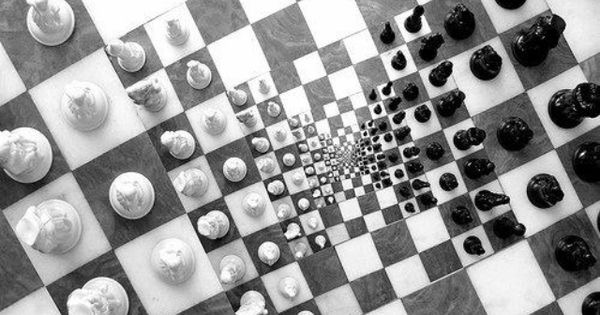Dreamsongs by George R. R. Martin is a collection of short stories and novellas presented with an extensive commentary by the author. The stories are arranged in a general chronological order and together with their introductions they add up to a sort of autobiography. It’s a brilliant formula and I recommend the books (there are two volumes of Dreamsongs) to fans of biographies, as well as to those who like short stories and are curious about their backgrounds. I also recommend it to everyone who is impatiently waiting for the Winds of Winter. And I recommend it to aspiring writers who would like to see how Martin became the writer he is.
In Dreamsongs life and fiction are intertwined, like weft and warp of a fabric: life informs stories, and stories change life. It’s a fascinating read, to be swallowed whole, or nibbled one story at a time.
I have just read Unsound Variation, a very personal short story towards the end of the second volume, and I think it’s one of the best in Dreamsongs.
It revolves around a game of chess which was played and lost many years ago and is now being replayed under unsettling circumstances. As the tensions grow, resentments are revealed, and revenge is executed, Martin adds to the mix… time travel — and doesn’t spoil the story.
His time travel idea is a subtle one and actually manages to bypass some of the usual paradoxes. In Unsound Variations time travel happens only on the level of consciousness and nothing physical can be taken back, not even the traveller’s body. If I understood Martin’s idea correctly, when his protagonist travels back in time, a new time line begins, one that can unfold differently, but without affecting other timelines. So in a way you both can and can’t alter the future, depending at which timeline you’re looking at.
This fits neatly with the chess motif — the same game can be played many times, with many variations, but one game does not nullify the others.
The story made me think of those impossible graphics by Escher and I googled to see if he’s done any images with chessboards. There’s this one I found, which I’m not actually sure if it’s by Escher or by another artist inspired by him, but I thought it illustrates the story nicely:

I liked Unsound Variations not only on the conceptual level. It was very well written, gripping even to a reader with little to none understanding of chess strategies like me. It’s one of the instances where Martin shows his writing excellence — no matter if the story is about dragons, or chess, or a Finnish fortress, he manages to make the reader identify with the characters on purely human level. And once you identify, you care, and you want to find out what happens to them.